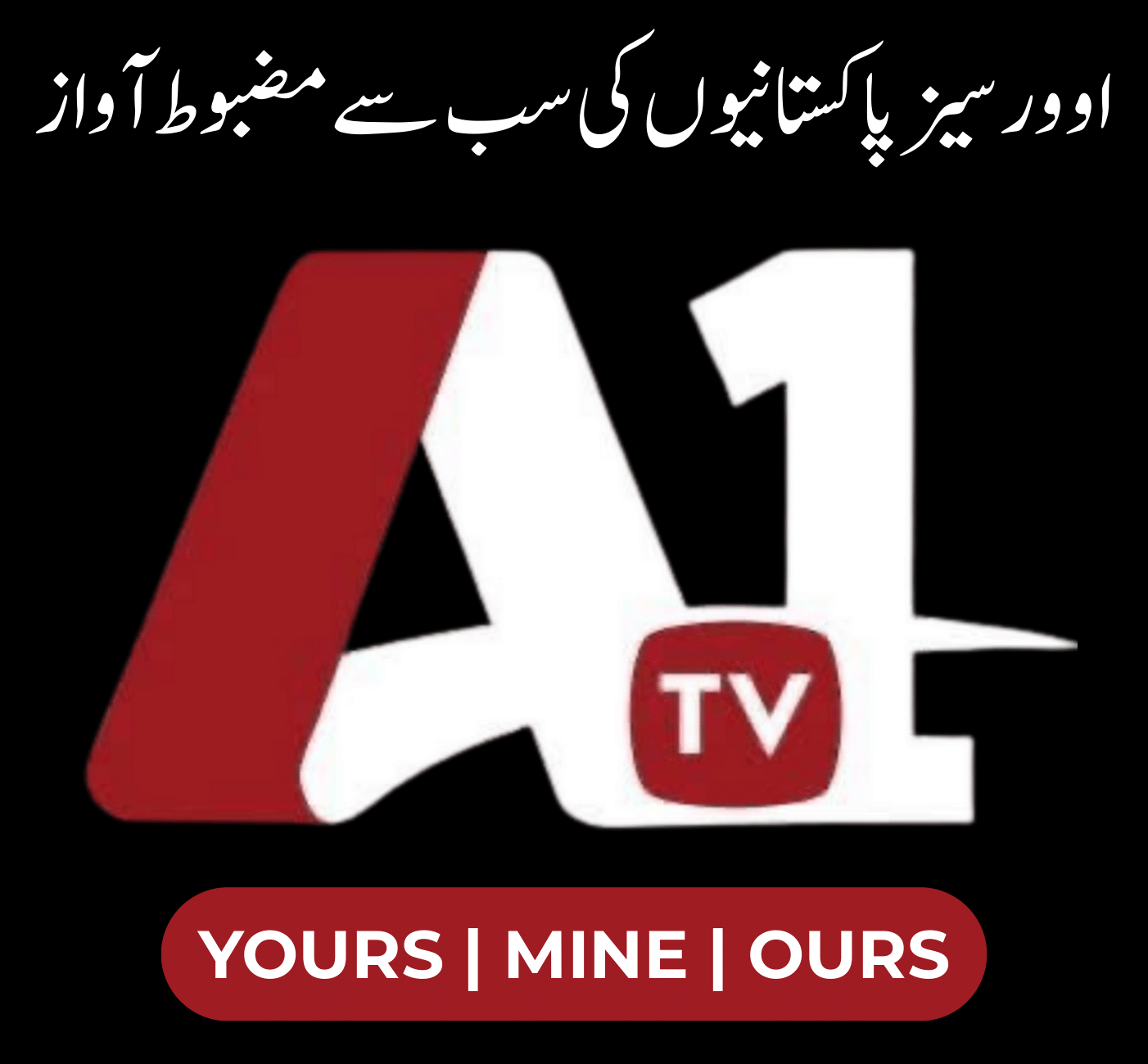
Major UK airports will miss the deadline to scrap the 100ml liquid rule this summer, meaning holidaymakers will need to comply with the old security rules during the busy holiday period.
Large airports such as Heathrow, Gatwick and Manchester are now understood to have until June next year to install the new scanners, which will allow passengers to take up to two litres through security.
The Department of Transport previously set a deadline of June 2024 for all major UK airports to introduce new 3D scanners that would end the need to remove liquids and laptops during pre-flight security checks. The 100ml liquid rule would also end, allowing passengers to bring bottles of up to two litres.
Several smaller airports around the UK have already installed the new technology, including Teesside and London City airport. Birmingham will become the first major UK airport to scrap the 100ml liquid rule from June 1 — just in time for the school holidays.
If you’re travelling this summer, here’s what you need to know.
Most airports around the world have a limit on the amount of liquids you can take through airport security in your carry-on luggage. At the moment, the cap is one litre in most cases, split across containers with no more than 100ml of liquid, gel or cream inside. All of the liquids must be put inside a clear, resealable plastic bag that measures approximately 20cm x 20cm, and removed from your luggage to be scanned at airport security.
The rules were put into place in 2006, after the Metropolitan police foiled an al-Qaeda plot to bring down at least seven transatlantic flights using liquid explosives concealed in 500ml soft drinks bottles in August of that year. Authorities in the UK and US immediately banned the carriage of all liquids except baby milk in hand luggage.
In November 2006, the ban was relaxed to allow for liquids, gels or creams in quantities of 100ml or less to be carried on board as long as they were packed in a clear plastic bag and removed from luggage before screening. Within months, most other countries had followed suit, and a rule widely criticised as an overreaction had the immediate effect of creating long security queues at airports all over the world as passengers took extra time to unpack and repack hand luggage, and security staff were forced to make more manual inspections after scanning.
When might the rules change?
The UK government believes the introduction of advanced computed tomography (CT) scanners will allow the restrictions on the carriage of liquids to be lifted.
The Department for Transport previously gave major airports including Heathrow, Gatwick, Stansted, Manchester, Newcastle and Edinburgh until June 2024 to invest in the new technology — also known as 3D scanning. It would require airports to upgrade their screening equipment and processes, meaning the 100ml liquid rule would be changed to two litres. In addition, the requirement to remove laptops from hand luggage would be scrapped.
Teesside airport and London City airport were among the first to introduce the changes. Elsewhere, Shannon and Donegal airports in Ireland, which have 3D scanners in operation, have also lifted their bans.
However, Heathrow, Gatwick, Stansted and Manchester airports are behind schedule. While the technology has been installed in some security lanes already, it has not been implemented across the board. Gatwick says it expects to install the remaining scanners by the first three months of 2025, which is a similar time frame to Stansted and Manchester. Heathrow is also expecting to finish the installation in 2025.
The delay stems from the fact that introducing the scanners not only requires the purchase of expensive machines but also the reconfiguration of the security areas, including reinforcement of the floor in some cases due to the size and weight of the devices. It’s now understood that airports have been granted a year’s extension to complete the upgrade.
Birmingham is the only major UK airport due to hit the target date, with the changes to the 100ml rule expected to come into effect from June 1. Nick Barton, chief executive of Birmingham airport, told The Times: “The existing scanner is like a large domestic washing machine. The new machines are the size of a Ford Transit.”
Which UK airports have scrapped the rule?
Currently only London City airport, in the Docklands, and Teesside airport in Darlington.





